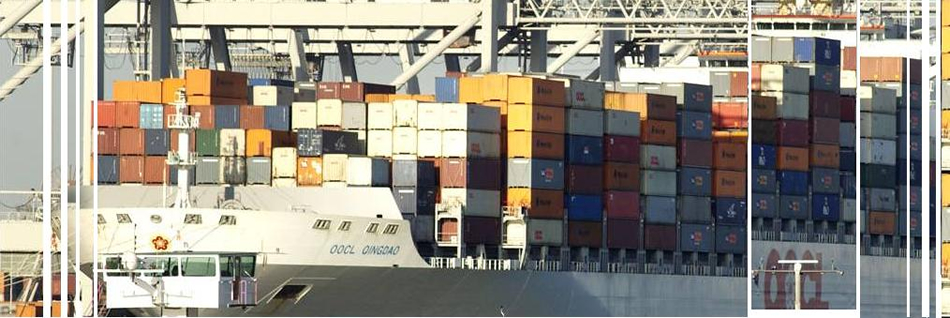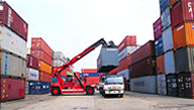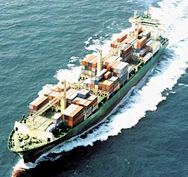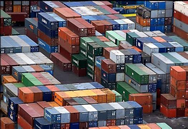 |
|---|

|
||||||||||

|
|---|
INCOTERMS 2000 The purpose of Incoterms is to provide a set of international rules for the interpretation of trade terms of delivery of goods most commonly used in international trade. In this way, the uncertainties due to differences in interpretation of these terms among different countries can be avoided or at least reduced significantly. EXW (Ex works)"Ex works" means that the seller delivers when he places the goods at the disposal of the buyer at the seller’s premises or another named place (i.e. works, factory, warehouse, etc.) not cleared for export and not loaded on any collecting vehicle. FOB (Freee on Board)"Free on Board" means that the seller delivers when the goods pass the ship's rail at the named port of shipment. This means that the buyer has to bear all costs and risks of loss of or damage to the goods from that point. The FOB term requires the seller to clear the goods for export. This term can be used only for sea or inland waterway transport. If the parties do not intend to deliver the goods across the ship’s rail, the FCA term should be used. CFR o C&F (Cost and Freight)"Cost and Freight" means that the seller delivers when the goods pass the ship’s rail in the port of shipment. The seller must pay the costs and freight necessary to bring the goods to the named port of destination BUT the risk of loss of or damage to the goods, as well as any additional costs due to events occurring after the time of delivery, are transferred from the seller to the buyer. The CFR term requires the seller to clear the goods for export. CIF (Cost, Insurance and Freight)"Cost, Insurance and Freight" means that the seller delivers when the goods pass the ship’s rail in the port of shipment. The seller must pay the costs and freight necessary to bring the goods to the named port of destination BUT the risk of loss of or damage to the goods, as well as any additional costs due to events occurring after the time of delivery, are transferred from the seller to the buyer. However, in CIF the seller also has to procure marine insurance Consequently, the seller contracts for insurance and pays the insurance premium. The buyer should note that under the CIF term the seller is required to obtain insurance only on minimum cover1. Should the buyer wish to have the protection of greater cover, he would either need to agree as much expressly with the seller or to make his own extra insurance arrangements. The CIF term requires the seller to clear the goods for export.
|


© Copyright 2008 D.I.V.A World Trade Co. Limited. All Rights Reserved
 Corporate Profile
Corporate Profile